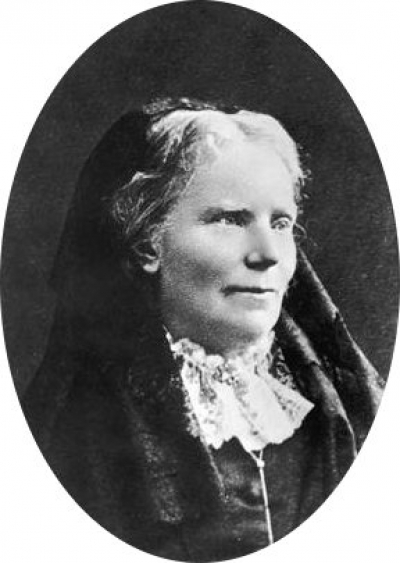Geneva Medical College was founded on September 15, 1834, in Geneva, New York, as a separate department (college) of Geneva College, currently known as Hobart and William Smith Colleges. In 1871, the medical school was transferred to Syracuse University in Syracuse, New York.In 1950, State University of New York (SUNY) moved to add a medical center in Syracuse and ultimately acquired the College of Medicine from Syracuse University as a part of Governor Thomas E. Dewey's vision for Upstate New York.For many years the college was known as "SUNY Upstate Medical Center," until 1986, when the name was changed to "SUNY Health Science Center at Syracuse". The institution was renamed to State University of New York Upstate Medical University in 1999.
On December 22, 2021, the College of Medicine was renamed the Alan and Marlene Norton College of Medicine at SUNY Upstate in recognition of a $25 million estate gift made by Alan and Marlene Norton. Alan Norton graduated from the College of Medicine in 1966 and then went on to complete his residency and fellowship training at the Wilmer Eye Institute of Johns Hopkins University and Massachusetts Eye and Ear.
Elizabeth Blackwell (3 February 1821 – 31 May 1910) was a British physician, notable as the first woman to receive a medical degree in the United States, and the first woman on the Medical Register of the General Medical Council. Blackwell played an important role in both the United States and the United Kingdom as a social awareness and moral reformer, and pioneered in promoting education for women in medicine. Her contributions remain celebrated with the Elizabeth Blackwell Medal, awarded annually to a woman who has made significant contribution to the promotion of women in medicine.Blackwell was initially uninterested in a career in medicine, especially after her schoolteacher brought in a bull's eye to use as a teaching tool for studying the anatomy enabling vision. Therefore, she became a schoolteacher in order to support her family. This occupation was seen as suitable for women during the 1800s; however, she soon found it unsuitable for her. Blackwell's interest in medicine was sparked after a friend fell ill and remarked that, had a female doctor cared for her, she might not have suffered so much. Blackwell began applying to medical schools and immediately began to endure the prejudice against her sex that would persist throughout her career. She was rejected from each medical school she applied to, except Geneva Medical College, currently known as Norton College of Medicine at State University of New York Upstate Medical University, in which the male students voted for Blackwell's acceptance. Thus, in 1847, Blackwell became the first woman to attend medical school in the United States.Blackwell's inaugural thesis on typhoid fever, published in 1849 in the Buffalo Medical Journal, shortly after she graduated, was the first medical article published by a female student from the United States. It portrayed a strong sense of empathy and sensitivity to human suffering, as well as strong advocacy for economic and social justice. This perspective was deemed by the medical community as feminine.Blackwell also founded the New York Infirmary for Women and Children with her sister Emily Blackwell in 1857, and began giving lectures to female audiences on the importance of educating girls. She also played a significant role during the American Civil War by organizing nurses.

1849Jan, 23
Elizabeth Blackwell is awarded her M.D. by the Geneva Medical College of Geneva, New York, becoming the United States' first female doctor.
Choose Another Date
Events on 1849
- 13Feb
Franz Joseph I of Austria
The delegation headed by Metropolitan bishop Andrei Șaguna hands out to the Emperor Franz Joseph I of Austria the General Petition of Romanian leaders in Transylvania, Banat and Bukovina, which demands that the Romanian nation be recognized. - 29Mar
Punjab region
The United Kingdom annexes the Punjab. - 14Apr
Lajos Kossuth
Hungary declares itself independent of Austria with Lajos Kossuth as its leader. - 3Jul
Italian unification
The French enter Rome in order to restore Pope Pius IX to power. This would prove a major obstacle to Italian unification. - 17Sep
Harriet Tubman
American abolitionist Harriet Tubman escapes from slavery.

 English
English  español
español  français
français  português
português  русский
русский  العربية
العربية  简体中文
简体中文 